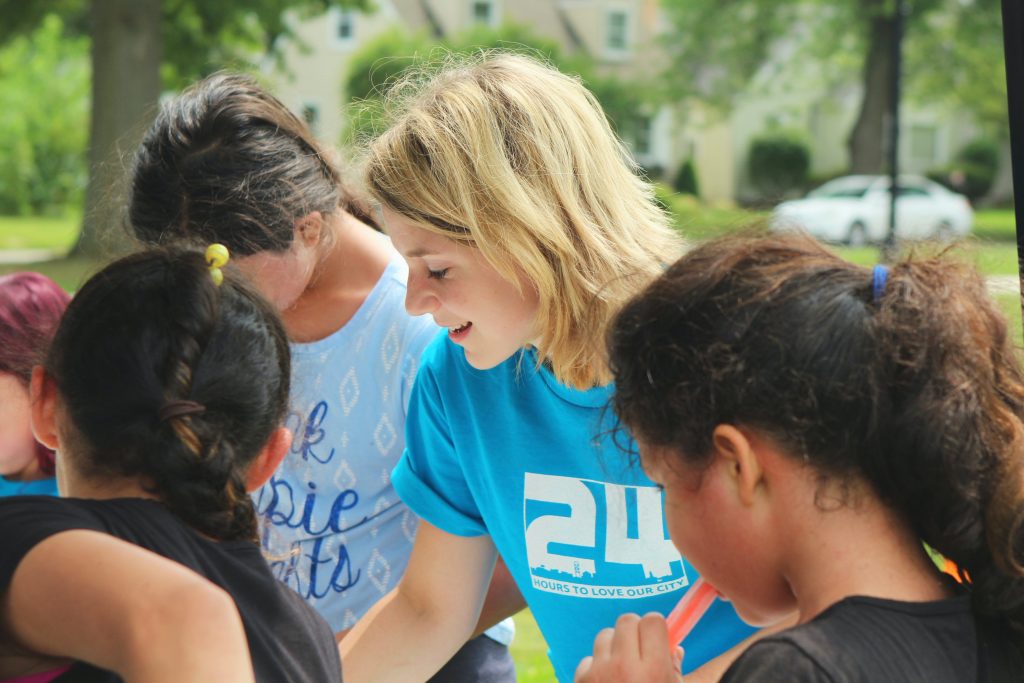Emma Kelly, a Law student and blogger from our MEDIA programme looks at the skills you need to get into social and community work.

1. Do your research
Social and Community work is a wide-ranging industry, offering opportunities to work in a range of employment fields. From working for housing charities, in the criminal justice field or as a social worker; there are various important jobs that are integral to the development of a fair and just society, and one that protects vulnerable groups. Therefore, it’s important to know which employment sector you are aiming to get into!
2. Develop the essential skills

Employers in this sector tend to be on the lookout for some integral skills while interviewing, so being able to provide evidence that you possess these skills will give you a head start on job applications or in the interview stage.
– Thinking critically and creatively: being able to demonstrate that you can think on your feet and problem solve effectively is a skill that employers will love.
– Great communication skills: working in this area will entail lots of communication, both verbally and written. Therefore, it’s important to demonstrate that you can communicate effectively with different groups of people, both over the phone and face-to-face. As well as evidencing that you can effectively make written referrals and briefs!
– Resilience: work in this industry tends to be emotionally challenging, and you will likely have to deal with families or individuals in crisis, it will be important to interviewers that you can demonstrate resilience and that you are not afraid of a challenge.
3. Volunteer, volunteer, volunteer!

The greatest ways to gain experience in the social and community work sector is through volunteering. You could volunteer with victim support organisations, homeless shelters or mental health charities. Charities such as Age UK, Bernardo’s or Home-Start are consistently looking for volunteers. Volunteering is a fantastic way of demonstrating to future employers your dedication to working in this sector, as well as building important contacts for the future!
4. There are various routes
As wide-ranging as the Social and Community work industry is, the route into the industry is even wider. There is no one set pathway to secure a job in this industry. There are various undergraduate degrees in social and community work, Master’s, apprenticeships, and graduate programmes to choose from! From doing a straight social work degree at undergraduate level to applying for graduate programmes such as the “Think Ahead Programme”. There are various ways to secure your route into the industry!
5. Keep an eye on job openings
Once your qualified, you should be on the lookout for the right job! Keep your eye on sites such as Indeed, LinkedIn and MyFuture for job postings.


















